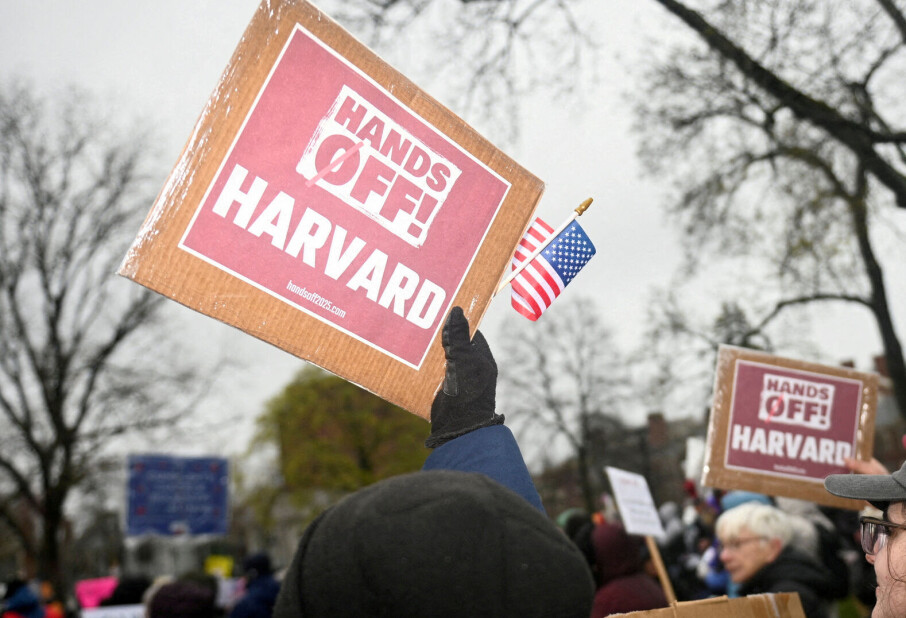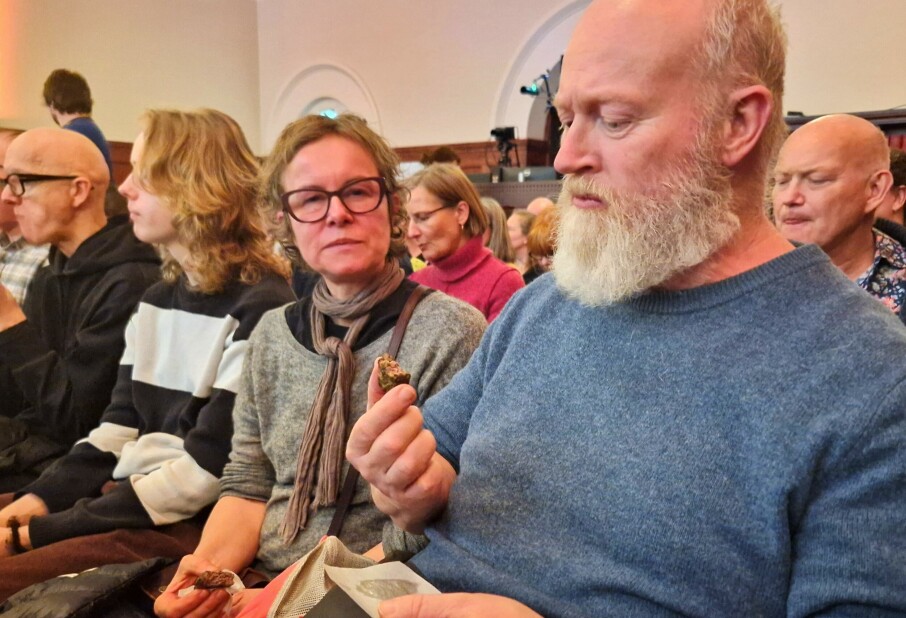
Was everything better in the past?
Were the olden days really the golden days? Is everything getting worse in society and on the planet?
Denne artikkelen er over ti år gammel og kan inneholde utdatert informasjon.
A reader has asked a simple yet important question: was everything better in the past?
We’ve passed the question on to a doctor, a historian, a social researcher, a biologist and a philosopher.
Better health now
Stig Slørdahl is a medical professor and the head of faculty at the Norwegian University of Science and Technology (NTNU). He gives an unequivocal no to the question of whether the old days were better.
“We don’t need to use much imagination as far as health is concerned. There are countries in the world right now where millions of people experience ‘the old days’ every single day of the year,” says Slørdahl.
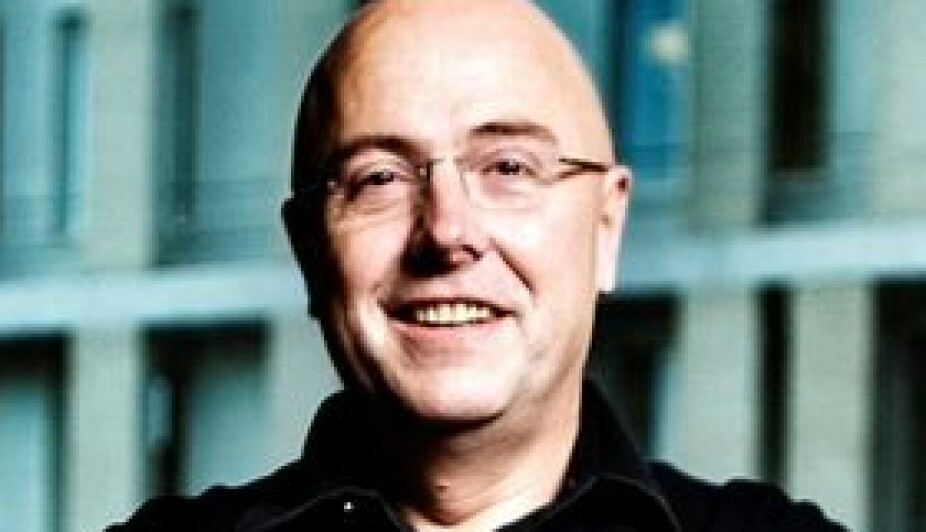
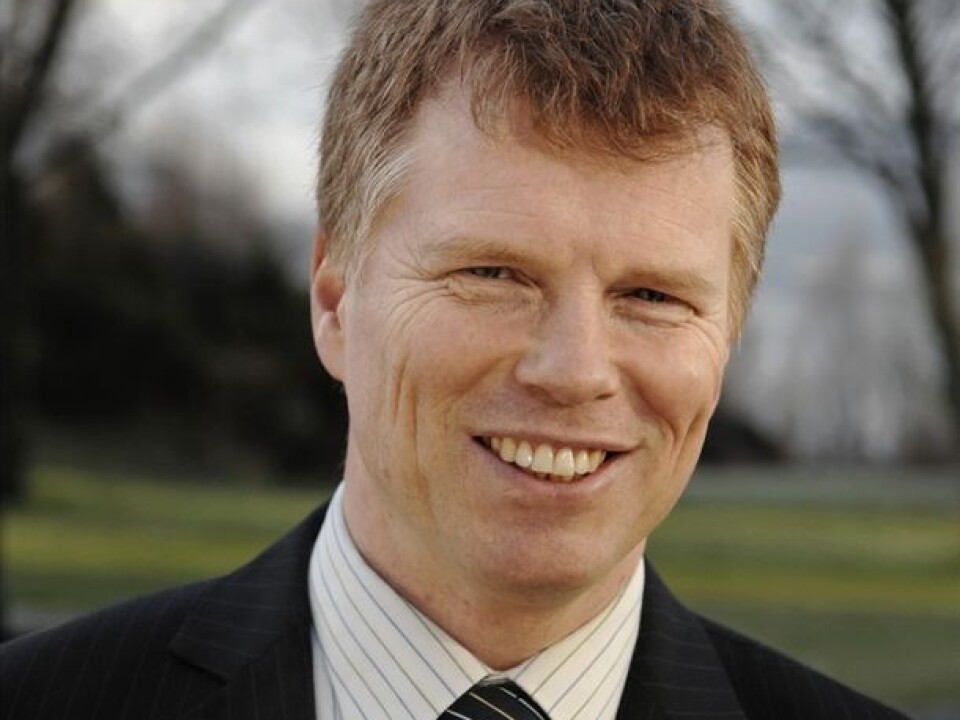
“In the beginning of the 1800s the life expectancy in Norway was 40. That’s the current life expectancy in for instance Botswana.”
Slørdahl isn’t nostalgic about times passed, referring to a high infant mortality. Ditto with regard to when currently curable infections were still taking lives.
“Think about living without simple preventive measures such as vaccines or when women had to plan their lives without access to birth control.
“Of course all eras have had their advantages, but when it comes to health nearly everyone would prefer today’s realities,” he says.
Richer than ever

People in the richer countries have better health. But what about our standard of living and our work life?
For an answer to that we contacted Ola H. Grytten, a professor in economic history at the Norwegian School of Economics (NHH) in Bergen.
“Materialistically speaking, things were worse before," he says. "In Norway, we have never been richer than today. Since 1900 economic growth (BNP) per person in Norway has increased 16-fold. Real income has risen nearly tenfold. And working hours have been cut by nearly a third.”
With this new prosperity we can spend more on health, leisure and travelling. Grytten says that right after WWII Norwegians spent a third of their income on food. But now the share of our household budgets has dropped to about a tenth.
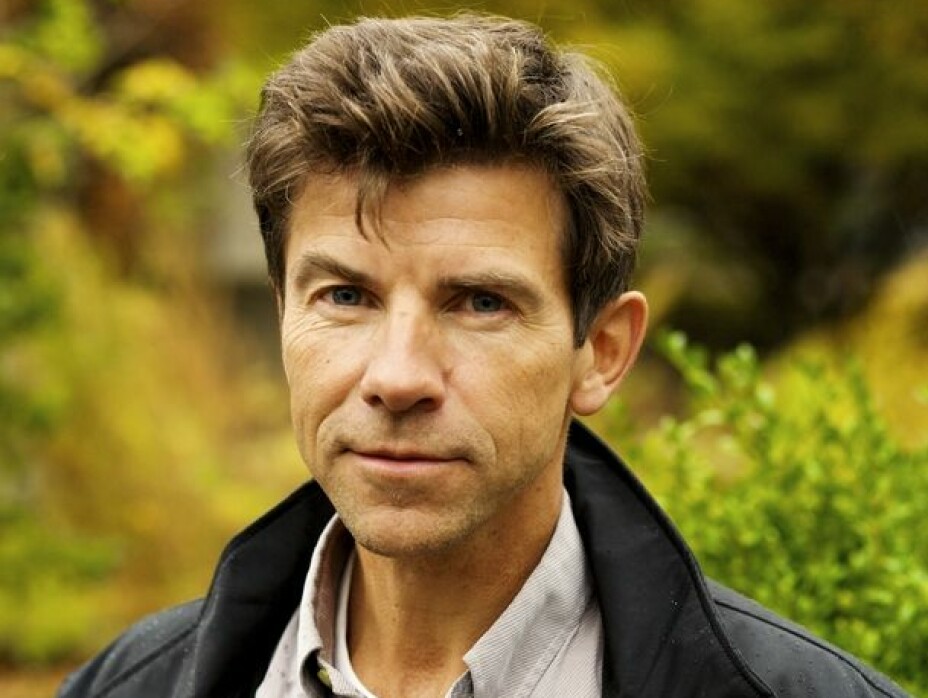
“But the job market has become tougher in the past decades, with demands for more productivity, independence and creativity. Many find this hard to cope with,” he says.
“We have also to a larger degree become dependent on two incomes per household to keep up with the increased standards of living we've seen in the past 40 years,” says Grytten.
The economy, work life and social life have also become more complicated in many ways.
“Whether we are better off on the whole is a completely different matter than our material gains. We're no more satisfied than we were 100 years ago, perhaps less so,” argues the historian.
More choices
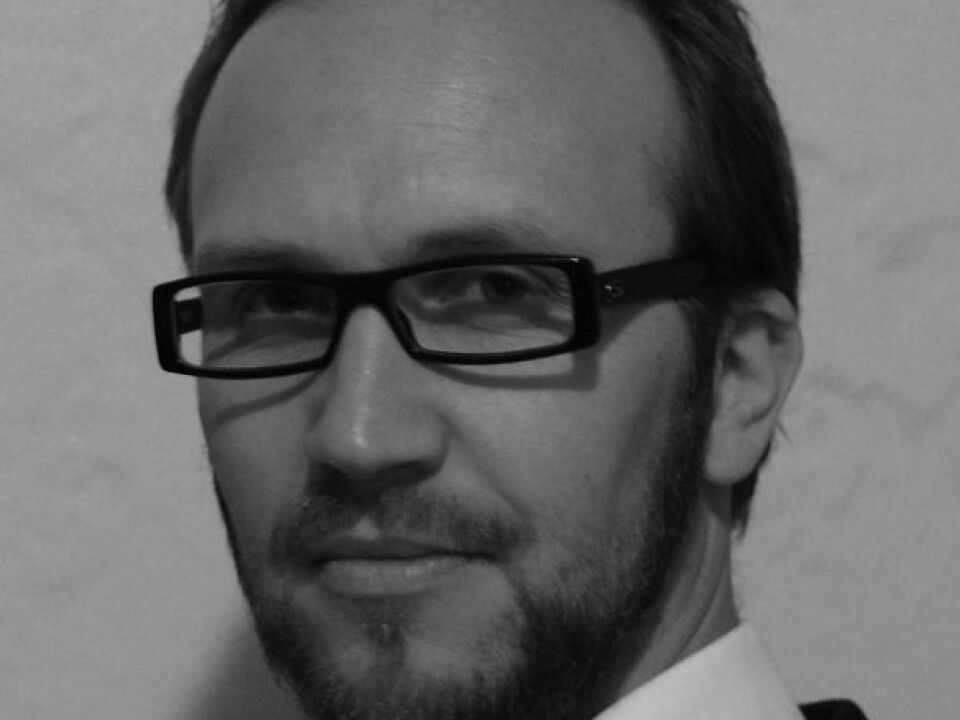
It’s common for older persons to shake their heads over today’s youth, and recall their own childhood days as better – fewer problems, better manners and more conservative dress codes.
We ask researcher Mona Iren Hauge if teenagers were better before.
As it happens she is in the process of writing up a lecture about young people growing up in a globalised world.
Hauge answers both yes and no to the question of whether we’re seeing progress or not.
“Lots of people today think that boys are falling behind in school because there’s too much focus on theory. There used to be lots of jobs for boys who didn’t do well in school. In that regard, things were better for some boys – but not all,” she says.
“On the other hand there are lots of kids who like learning and enjoy school. We have a completely different focus on education compared to fifty years ago. Education is an opportunity for a good life. In that respect we’ve seen improvements for those who are happy with the type of education schools provide. For most people who grew up before the Second World War, a higher education wasn’t even an option.”
Hauge is a researcher at the Norwegian Centre for Violence and Traumatic Stress Studies (NKVTS) at Ullevål University Hospital in Oslo, and recently received her doctorate in psychology on the theme of how children become adolescents.
Young people of the past were more involved in physical labour. They contributed to the family’s survival through their work.
She says that we’ve gone from being a nation that works with its hands to a nation where youths are becoming better educated and more knowledgeable.
"We gauge their aptitude and proficiency with standard national exams and are concerned about whether they are getting a good enough education. Are they on the same level as their peers in Sweden, Italy and Germany?
“In the old days adolescents had fewer opportunities. Their lives were mapped out for them and for lots of people this sounds fine. But many other appreciate having the choices we see today. We have so much more educational variation and so many alternative ways of living,” says Hauge.
No and yes to the environment
Dag Olav Hessen is a professor of biology at the University of Oslo. He thinks the answer depends on what kind of environmental issues we are referring to, and no less importantly, on what time scale. So his anwer is initially no, but there's a yes in there too.
“If someone claims the environment has improved this is of course incorrect if we’re comparing it to pre-industrial times," says Hessen.
"There was little pollution back then, much fewer people on the planet and plenty of nature. But the complaint could be right if for instance we compare it to the 1970s,” he adds.
Pollution troubles and the ozone holes are major environmental problems that have generally taken a turn for the better thanks to cleaning technologies and new products.
The same can be said about many of the ‘old’ toxins and pesticides, such as dioxins and DDT, he explains. New ones have turned up, but on the whole this situation is better than it was 30 years ago,”
“Improved technology has also made cars less polluting. At the same time the number of cars in he world has multiplied, so the net effect is still an increase in pollution.
“Environmental consciousness is also more predominant now. The environment has become a key political issue nationally and internationally, not just an appendix. However, that doesn’t mean the effects have been very impressive,” he says.
And now we know that the human ecological footprint is too big.
“We know that the rainforests are being cut down, that species are becoming extinct and the CO2 in the atmosphere is mounting and we haven’t been able to do much about it. As regards these enormous environmental problems linked to our behaviour, we can clearly conclude that things were better before,” argues Hessen.
Belief in progress
So far we’ve received one emphatic no, two nos with reservations and one no/yes. So we pass the baton to a Marius Timmann Mjaaland, who holds a PhD in the philosophy of religion, and let him run the last leg. He thinks quite a few things were better before.
“More precisely, I don’t think everything is so much better now, even though many of us are better off materialistically than before, at least here in Norway.
“One of the most common things in our society is an extreme trust in the future, an irrepressible expectation of the world becoming better and better with mounting progress,” says Mjaaland, who is works as a researcher at the Faculty of Theology at the University of Oslo.
He says there has been no denying that we’ve made certain strides of progress, for example in technological aids, medicines, cancer treatment, economic levels and access to a stream of information. And in many ways these strides have made life simpler, more comfortable and perhaps less painful.
“But many mix all these small elements of progress up with a belief that humankind is actually moving forward, evolving toward something better, that we can soon eliminate the pain, the discomfort and the problems that we still struggle with,” says the philosopher.
He views this thought as potentially dangerous; it’s one of the great illusions in our society.
“The belief in progress has had a strong grip in our culture, particularly during some of the previous century. But just when this belief was at its peak and people started thinking they were superhuman, they revealed themselves from their darkest side, as demonstrated by experiences from the WWII and the great empires.
“If everything wasn’t better before, I maintain that some things were. If for nothing else, to puncture some of the naive faith in the future which most of all resembles a secular apocalypse, and which is much more dangerous than the religious kind,” concludes Mjaaland.
-------
So now the question is: was life better before? Or not? The answer is probably yes in some areas, no in others. This is a typical answer you would get from researchers. It's not easy, but it could perhaps make us a tiny bit wiser.
Translated by: Glenn Ostling







